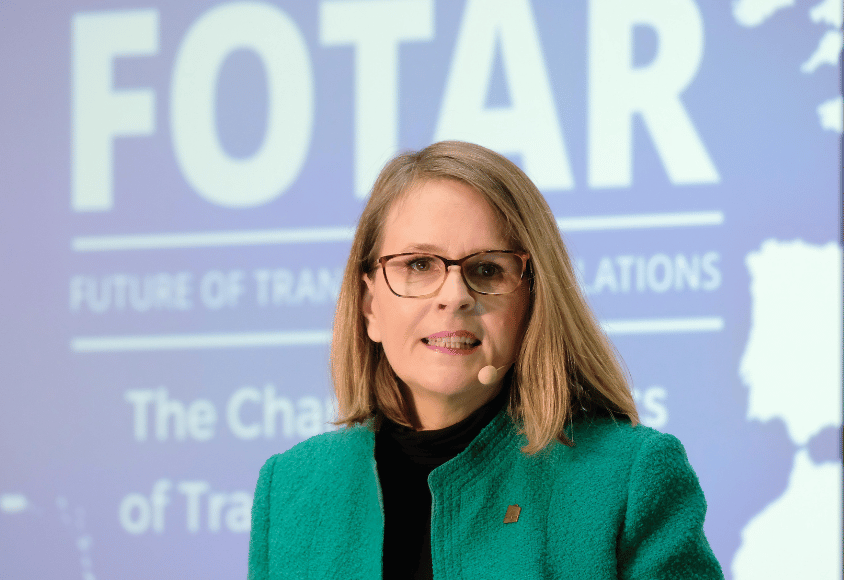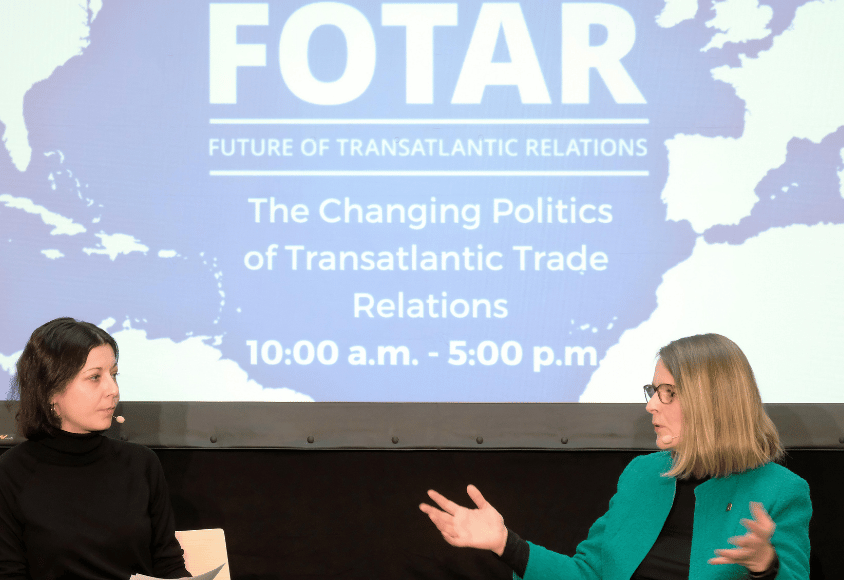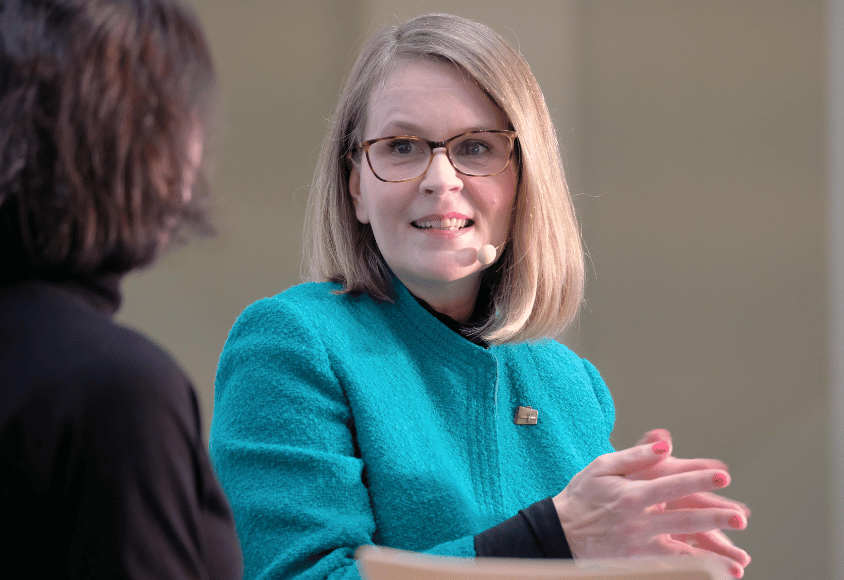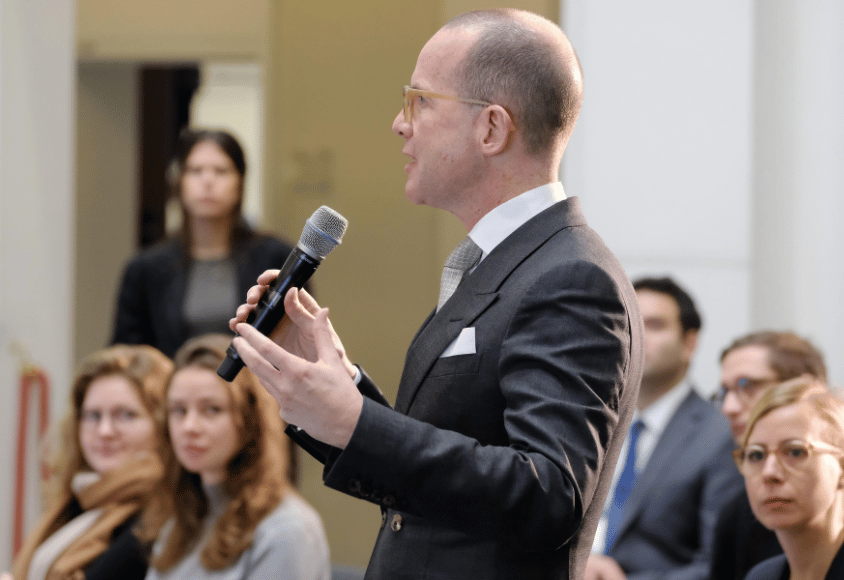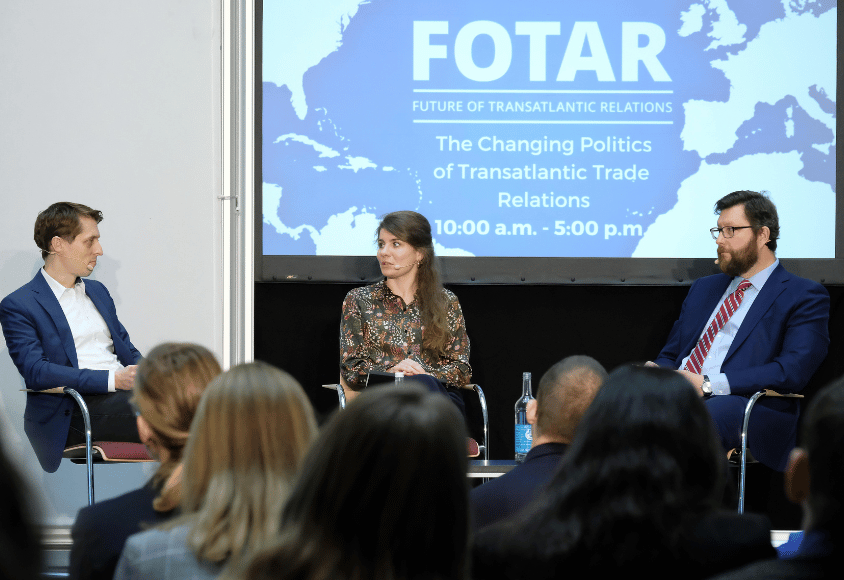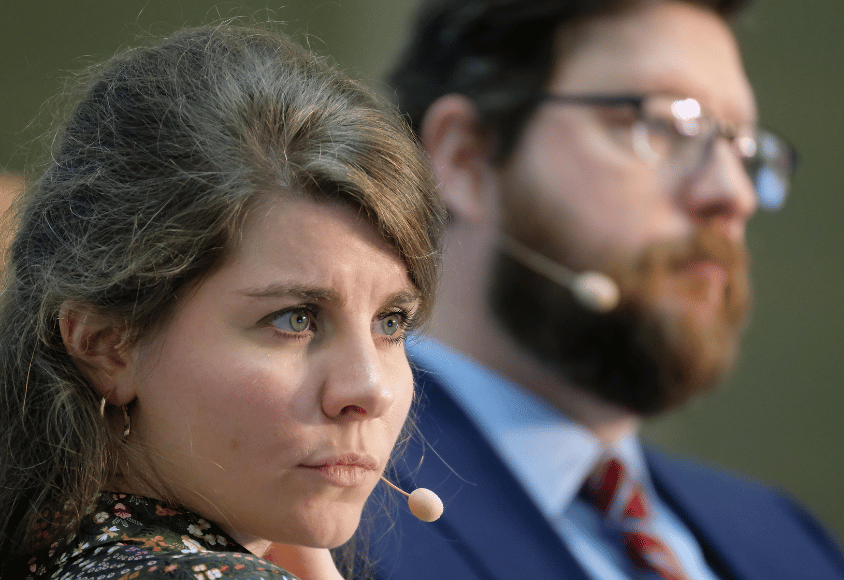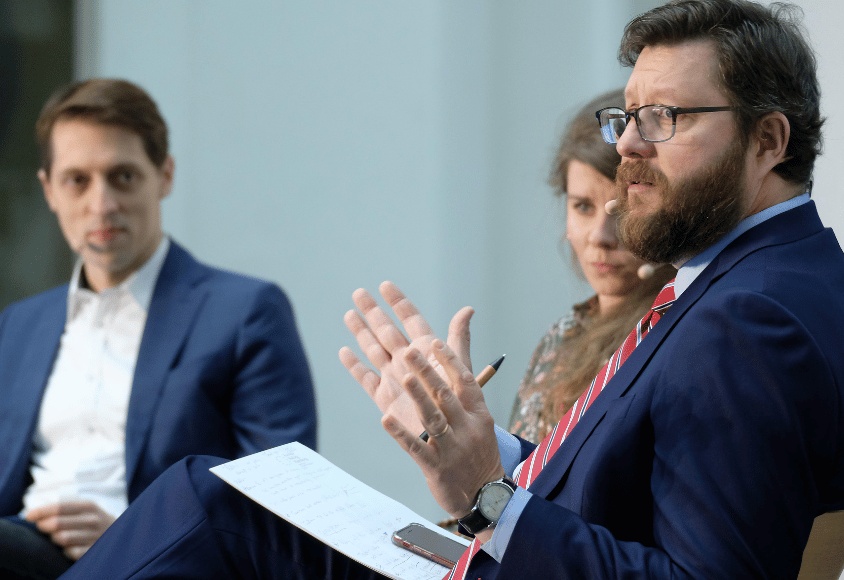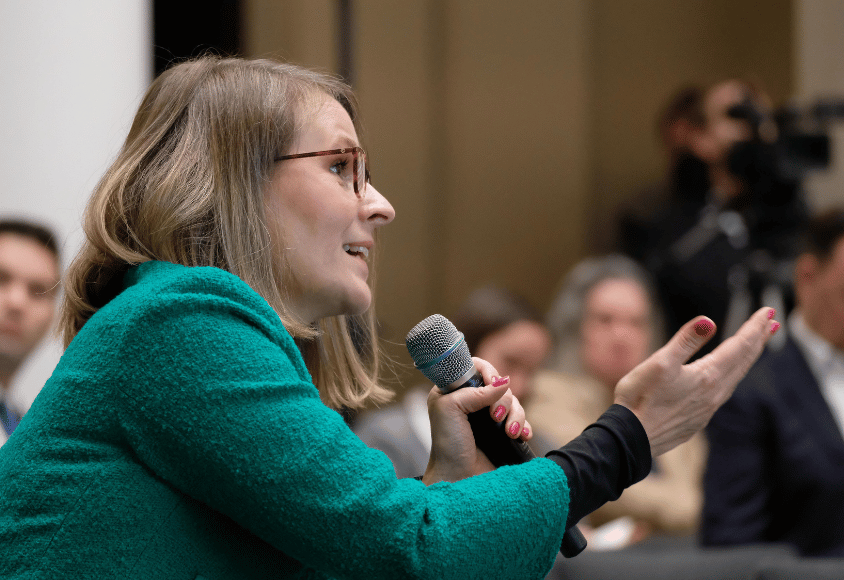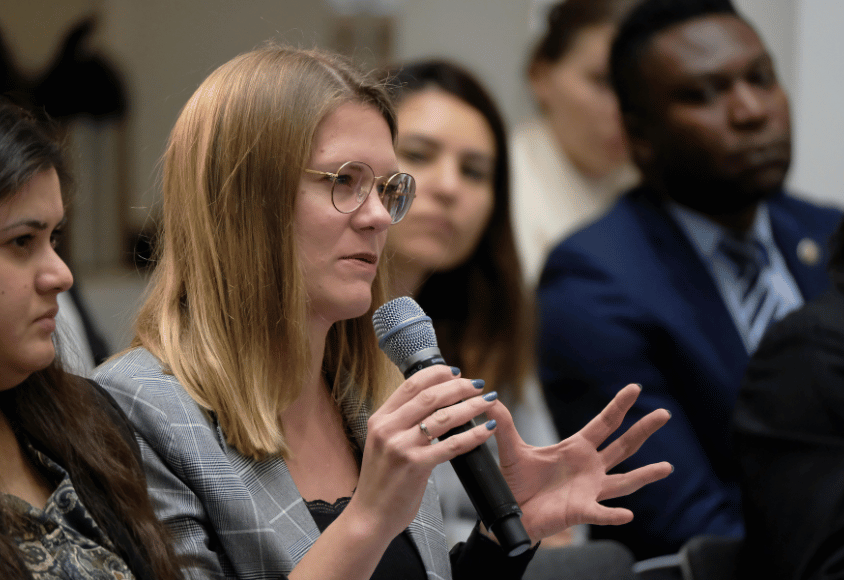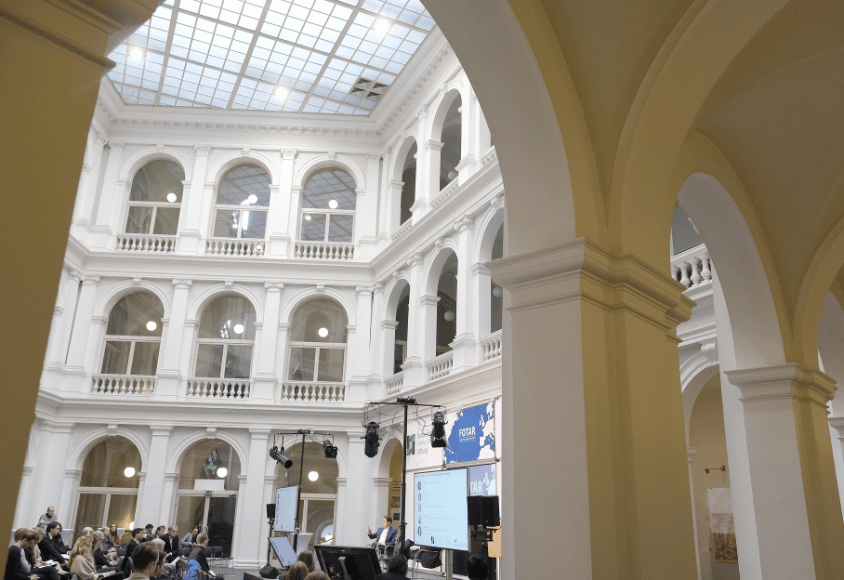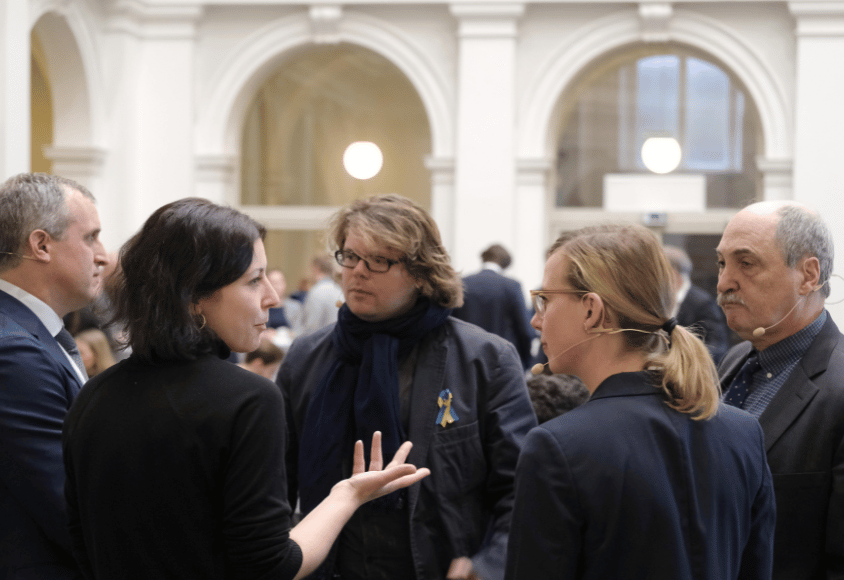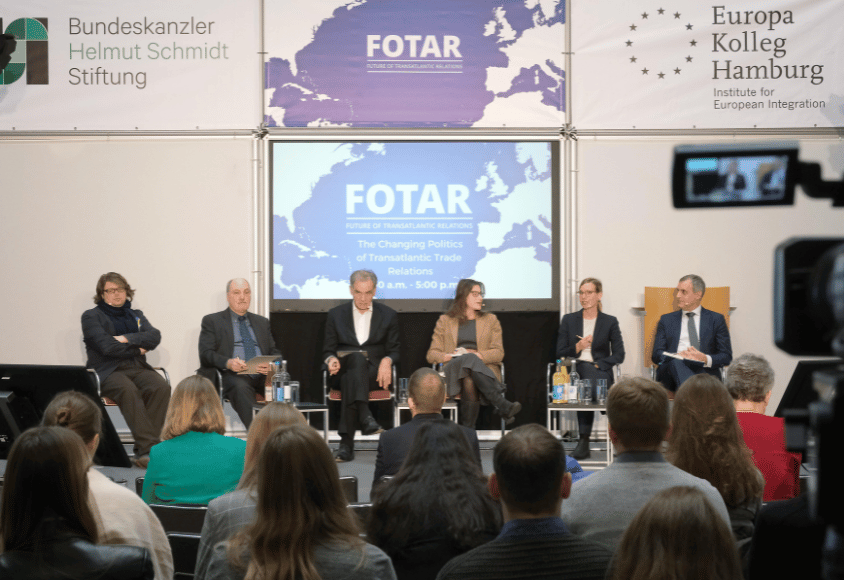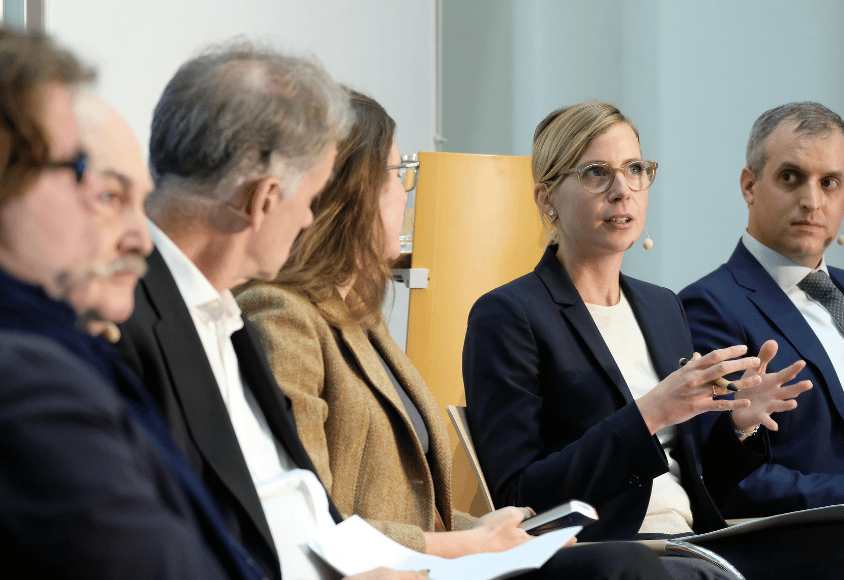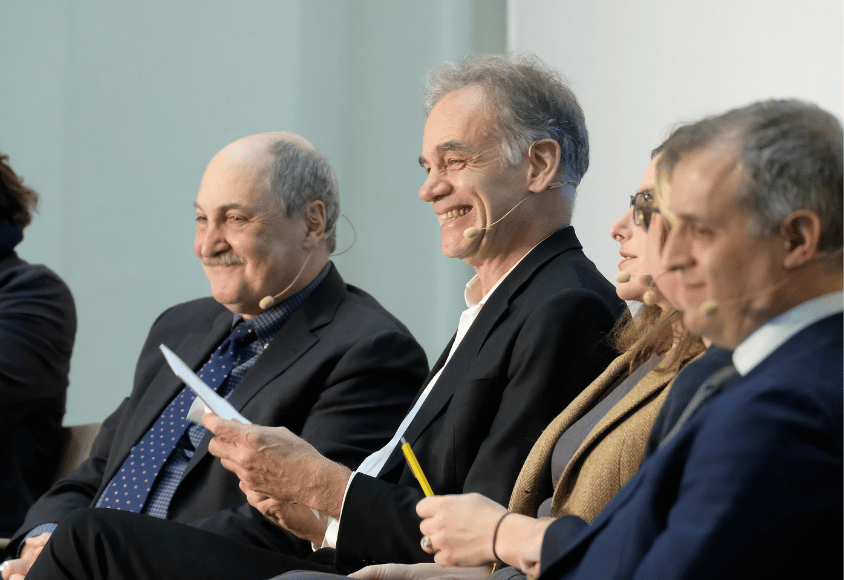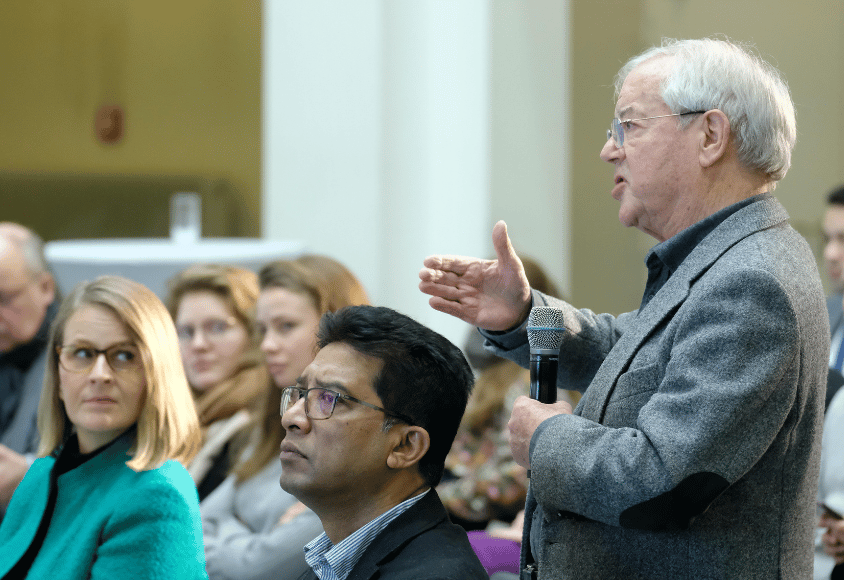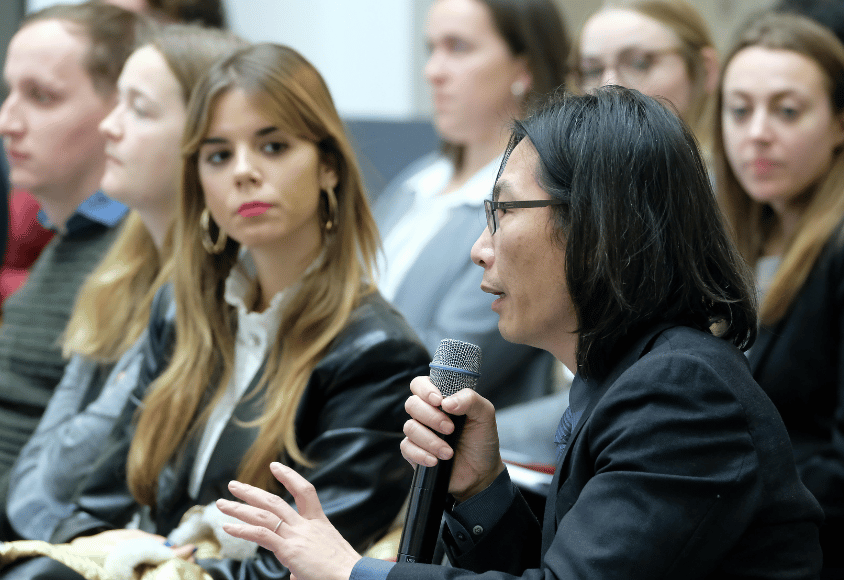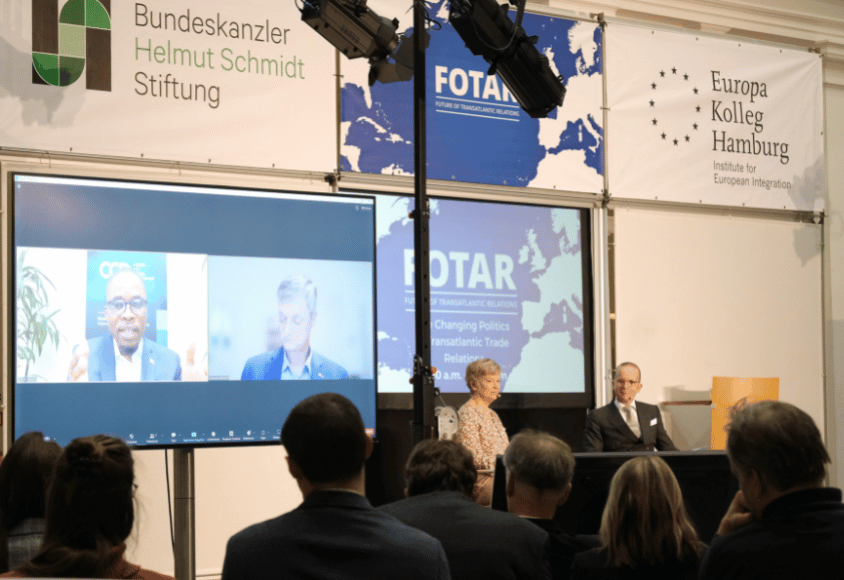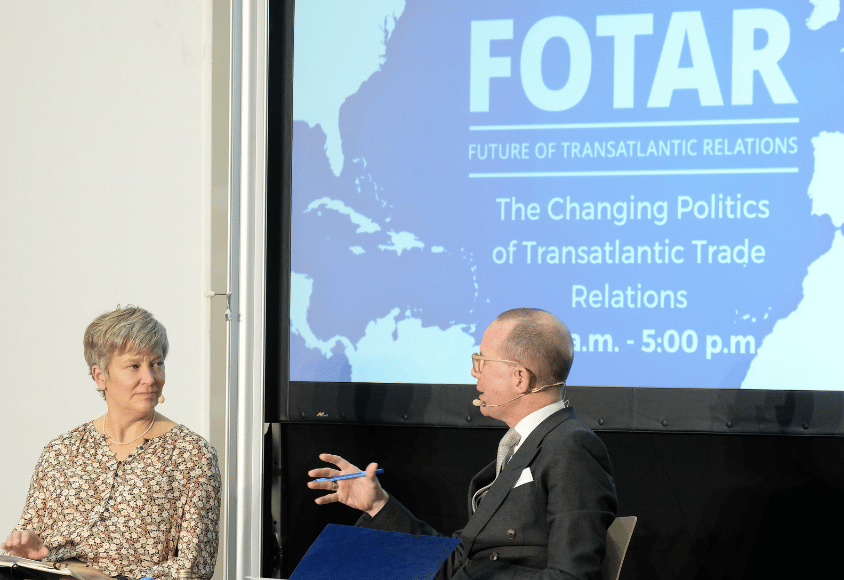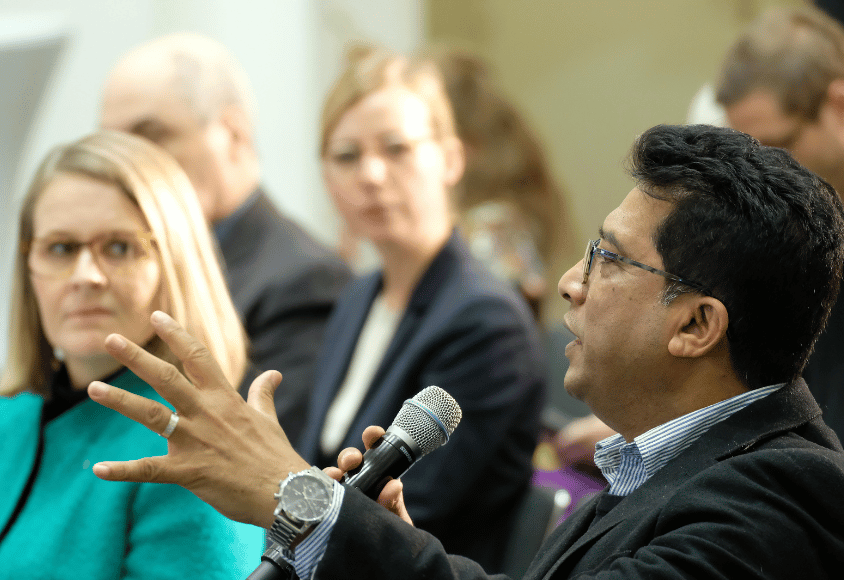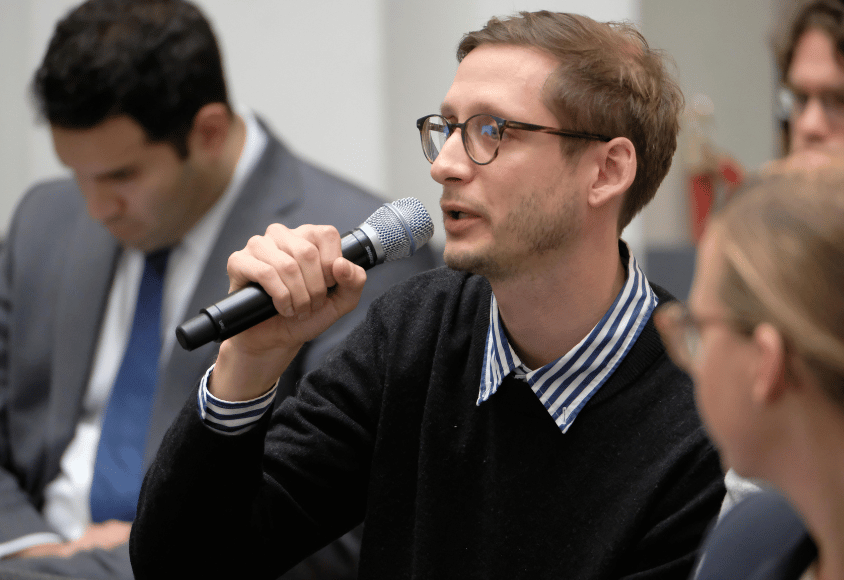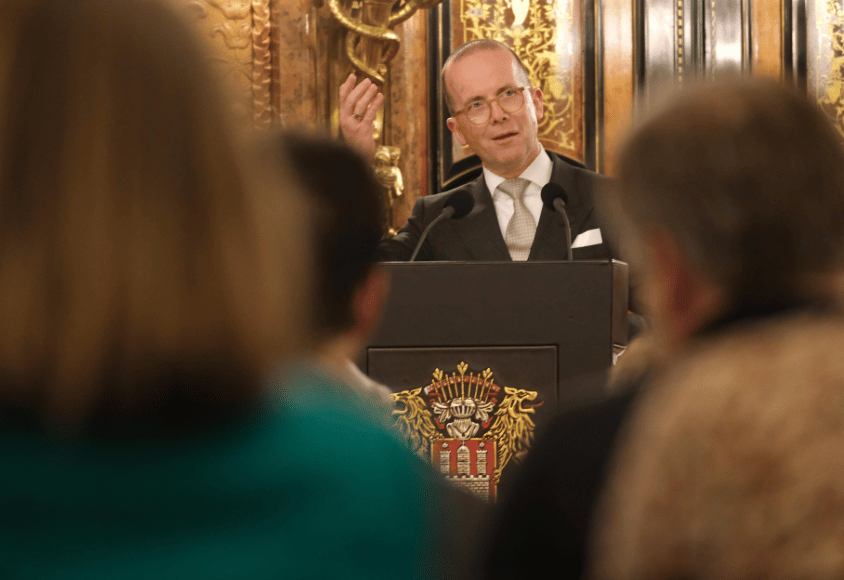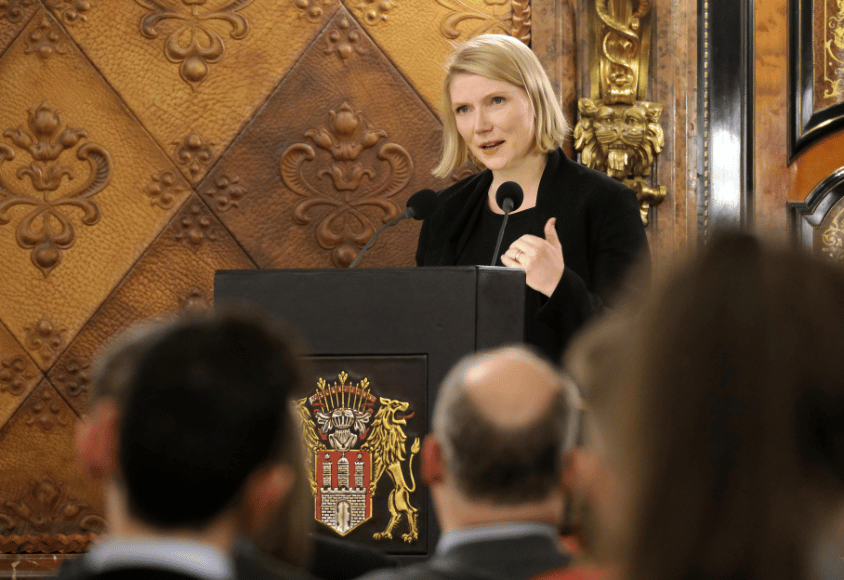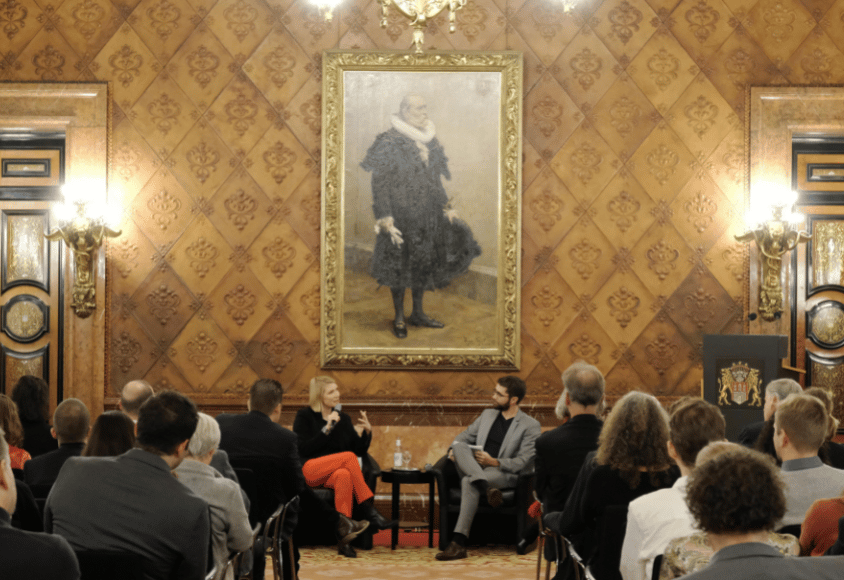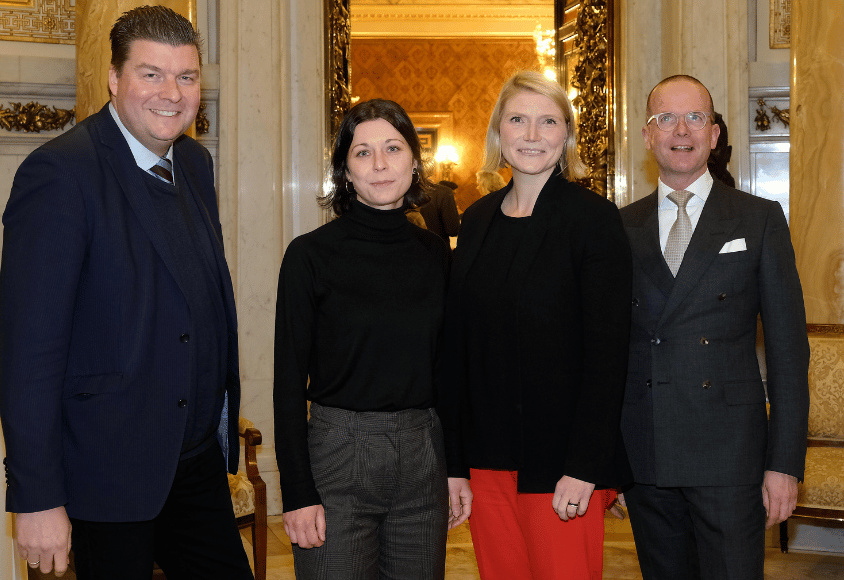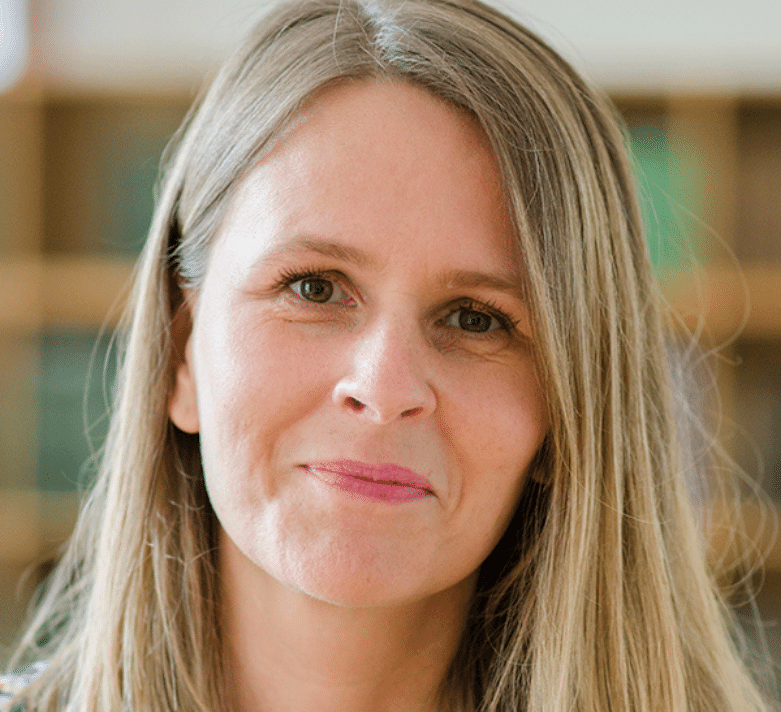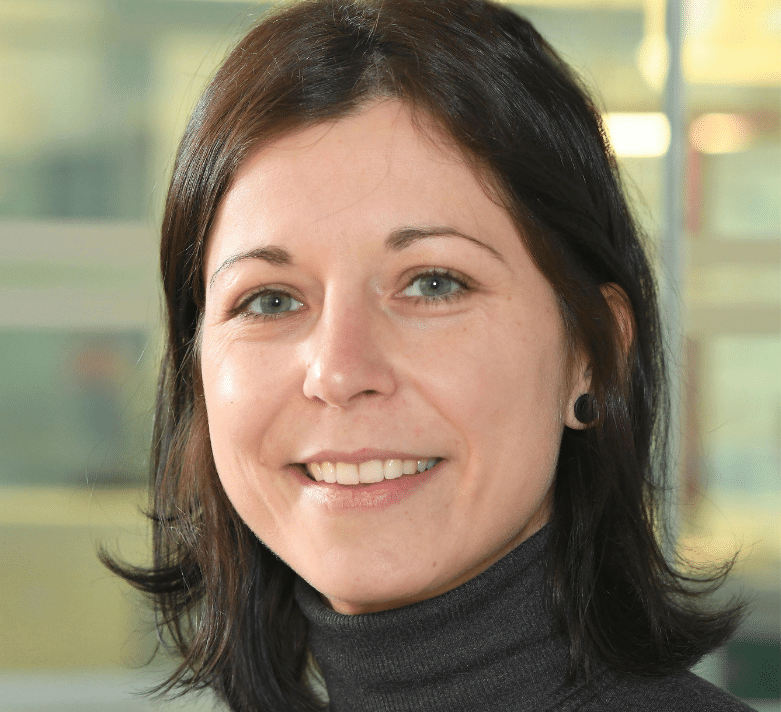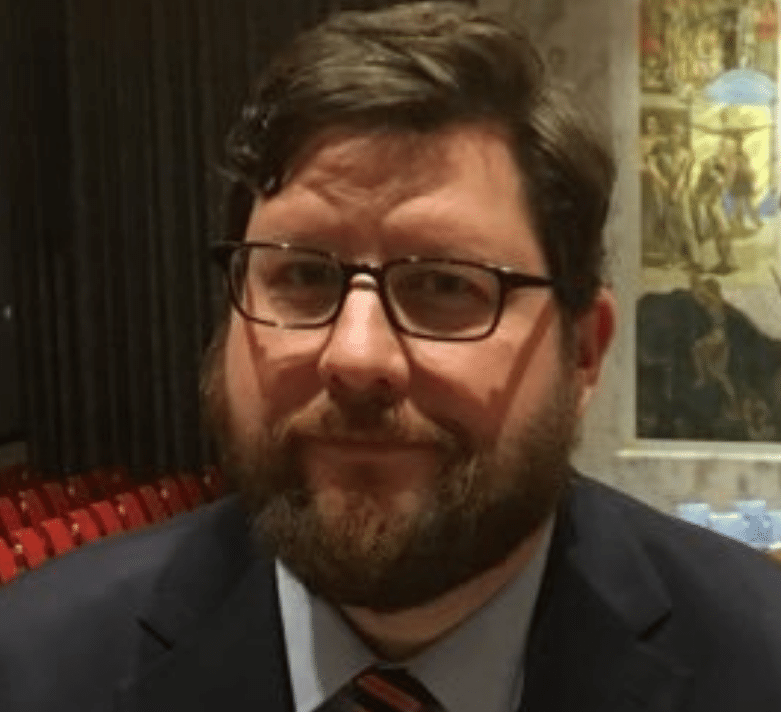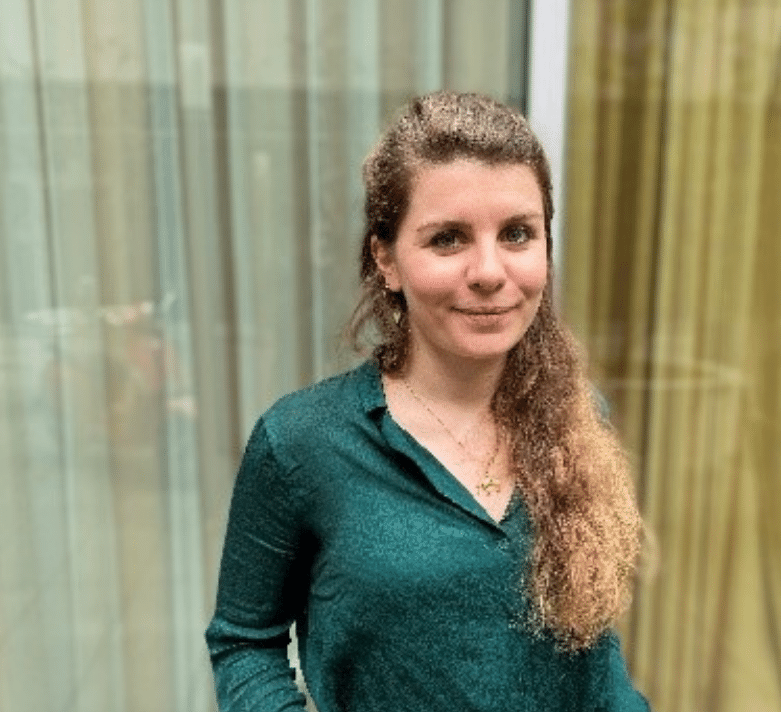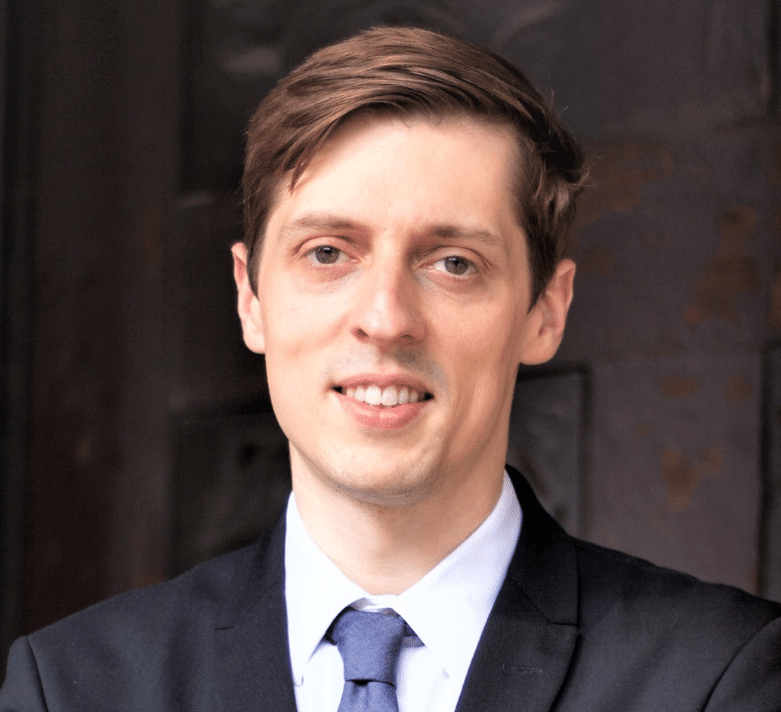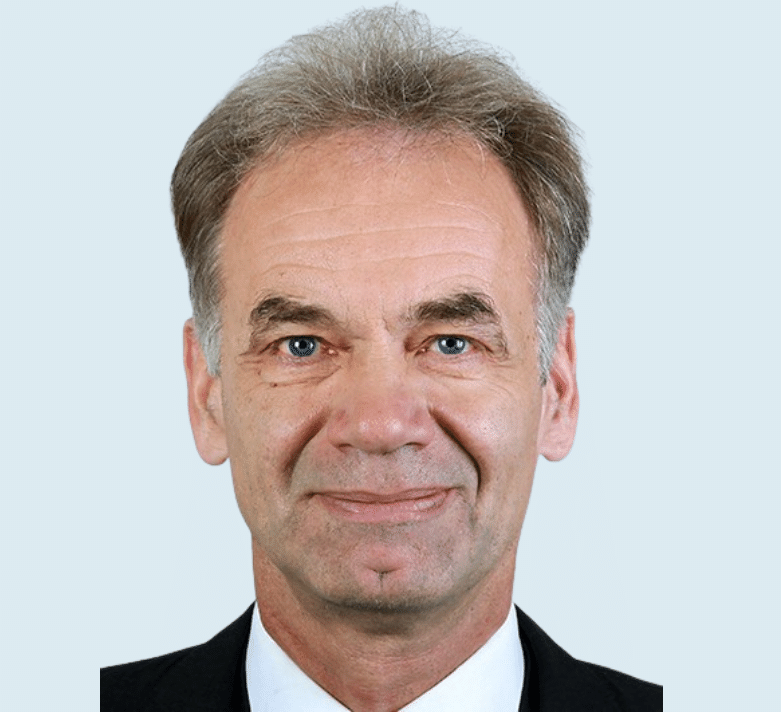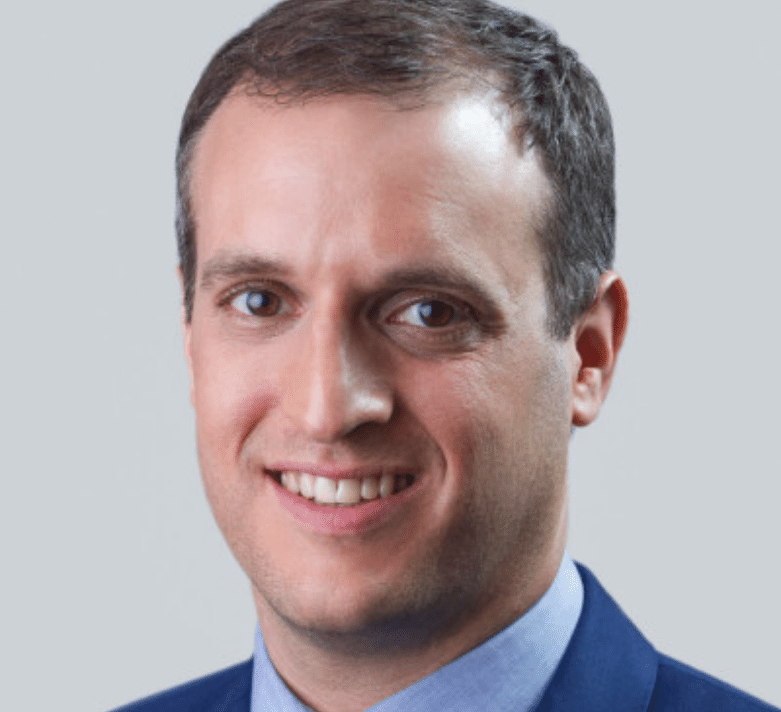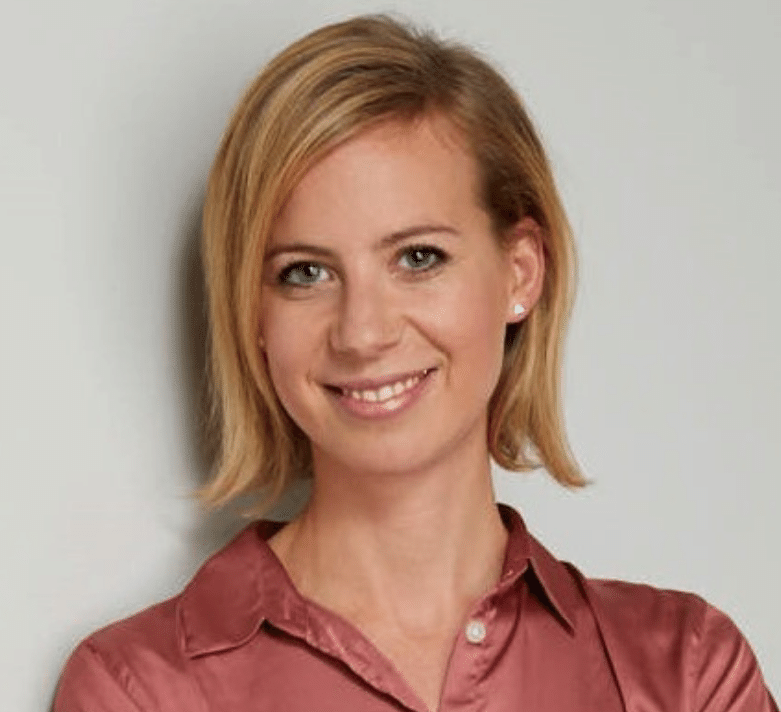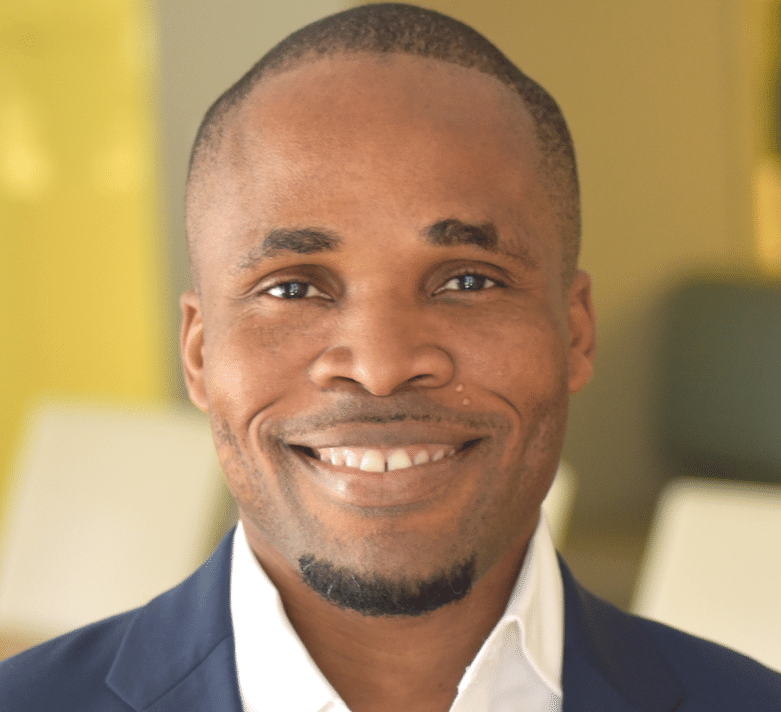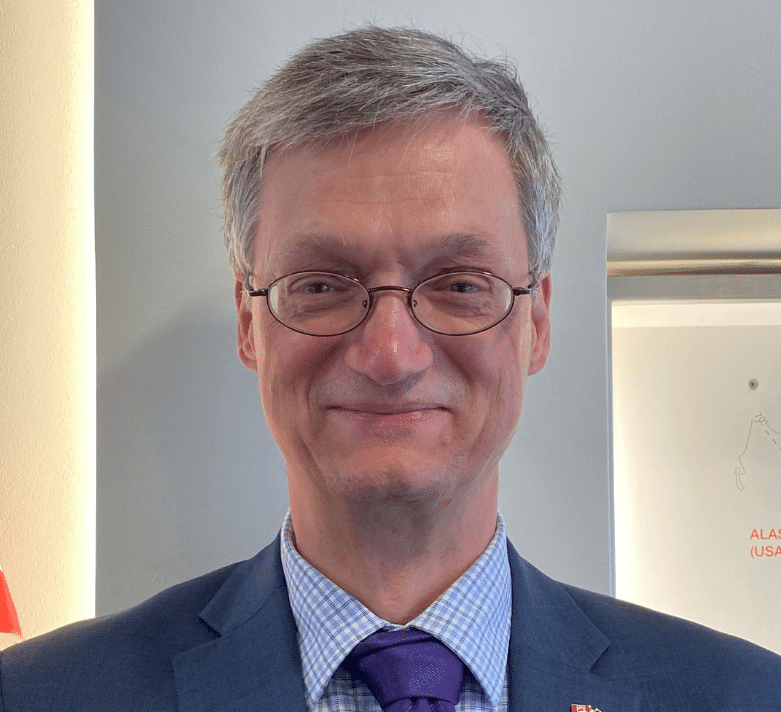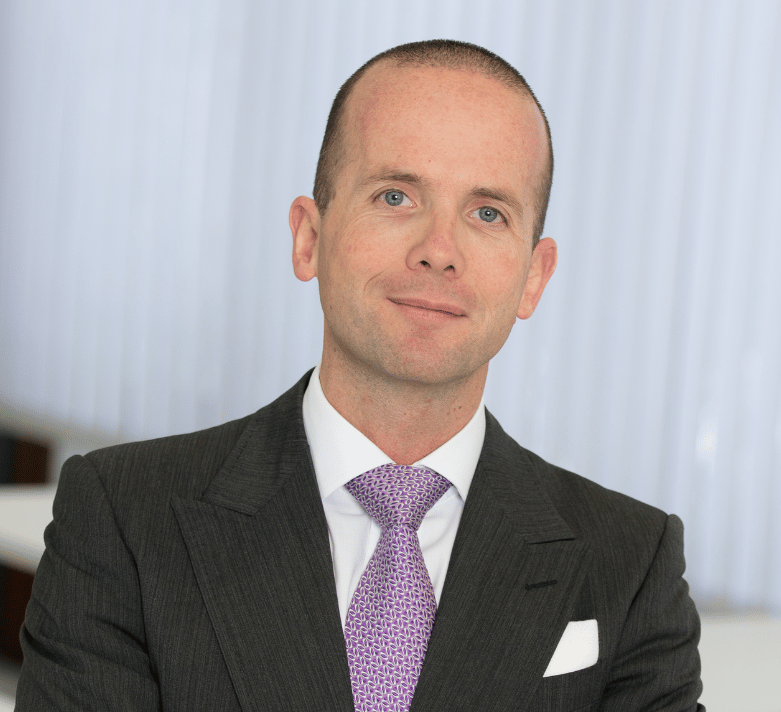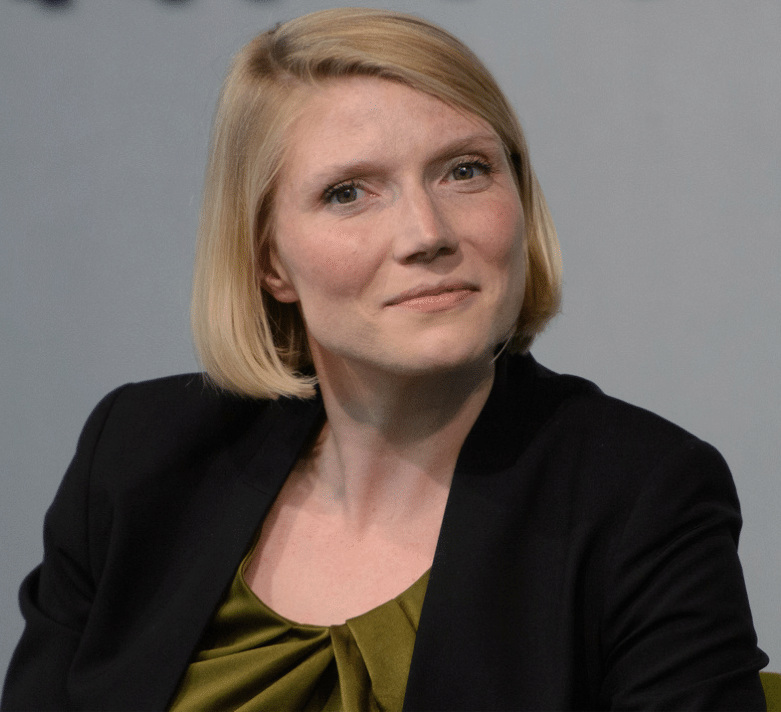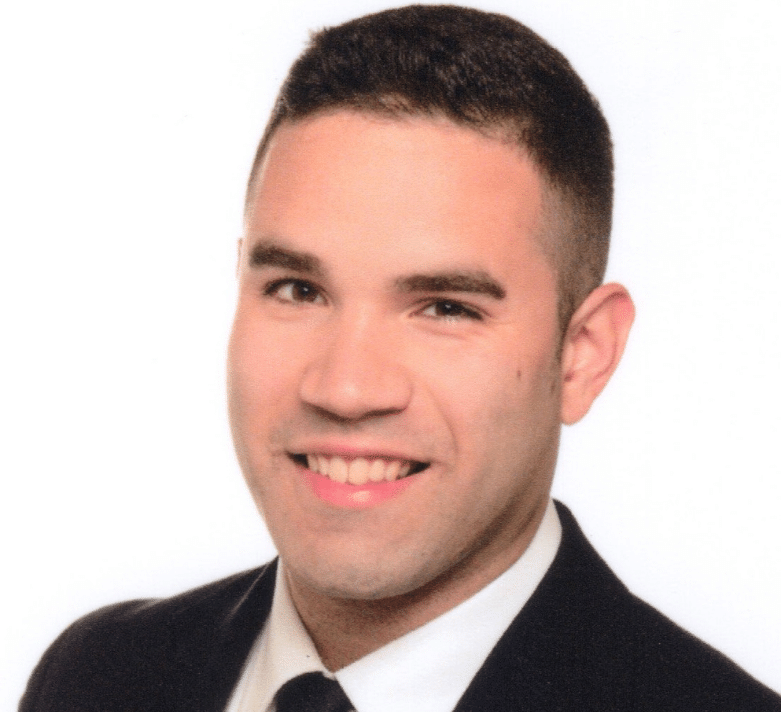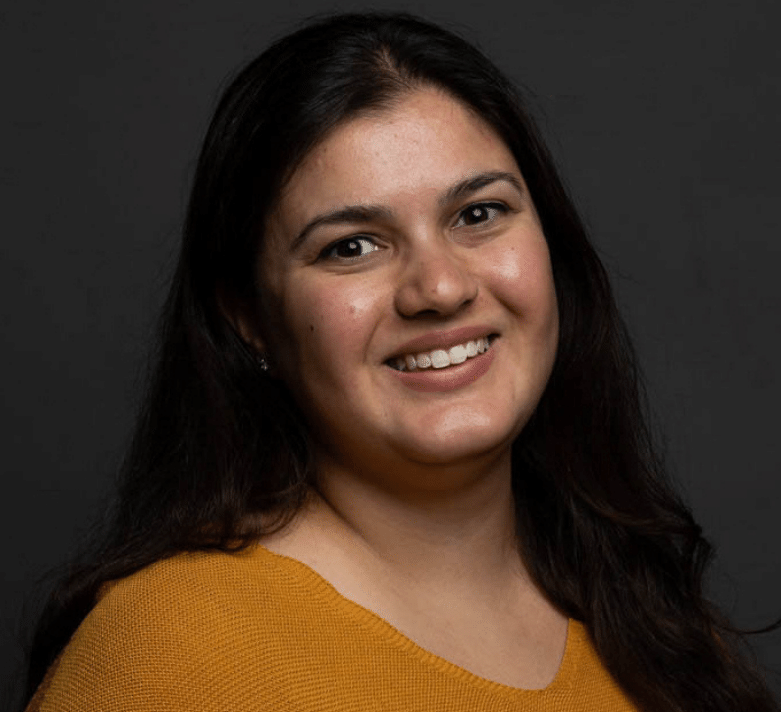FOTAR2022: The Changing Politics of Transatlantic Trade Relations
International Conference | Hamburg, 8 December 2022
Globalisation is under a strain. Yet, the transatlantic debate about it is very much alive. On December 8th, 2022 for the third time, the FOTAR (Future of Transatlantic Relations) conference format, hosted by the Bundeskanzler-Helmut-Schmidt-Stiftung and the Europa-Kolleg Hamburg, invited distinguished international speakers from various backgrounds to discuss pressing issues that affect both sides of the Atlantic. This year, the focus of the conference lay on the question how the transatlantic trade partnership can contribute to the socio-economic transformation of the global economic system. A keynote, three panels and a reception at the Hamburg Senate approached this complex issue from various points of view, focusing on the linkages between trade and human rights, social inequality, technology, climate change and the role of cities.
Trade has always been a cornerstone of the transatlantic partnership. But amid a multitude of global crises, classical liberal paradigms such as the invisible hand of the market and the democratising effect of trade integration are questioned, demanding a stronger role of the state. Or as speaker Cathryn Clüver Ashbrook summarised: ‘Politics is back on the stage of globalisation’. This does not only hold true for consultations between different governments in the transatlantic partnership or multilateral institutions where actors such as China loom large but also for countries from the Global South and civil society that rightly demand a say in designing globalisation.
Transatlantic partners can play a crucial role in driving change for a more inclusive form of globalization that increases our efforts to reduce social inequality, strengthen technological progress for good, and foster our engagement to tackle climate change when engaging in multinational dialogues on a level playing field and finding new ways to implementing human rights-based approaches in international trade relations.
Check out our stream:
Impressions from FOTAR2022
Programme 2022
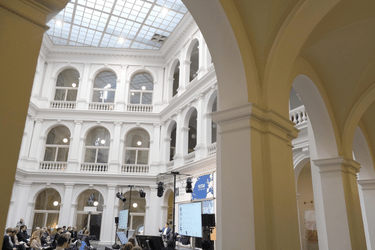
KEYNOTE WITH Q&A: A Human Face for Trade: Human rights and global trade
10:00 AM - 11:00 AM
Democratic values build the foundation of the transatlantic security and trade partnership. Internationally interconnected through global supply chains, the protection of human rights cannot end at transatlantic borders. How can the United States and the European Union speak up for human rights along their global lines of production amid rising tensions with Russia and China?
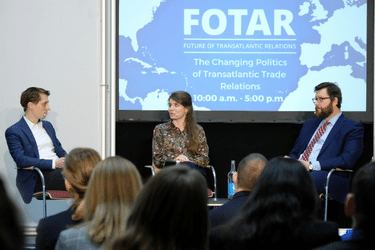
PANEL 1: Transatlantic Trade for Good: Fighting Social Inequality
11:00 AM - 12:30 PM
Globalisation produces winners and losers everywhere. Social inequality and its economic and political consequences have become a major global and transatlantic societal challenge, marginalizing those already discriminated, polarizing societies, and eroding democratic institutions. How can transatlantic trade become a tool for socioeconomic inclusion in the European Union, the United States, and beyond? To what extent can transatlantic partners fight the imminent food crisis in the Global South? What trade policies put people first to foster prosperity for all?
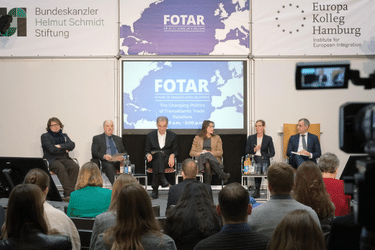
PANEL 2: The Race for Technology: Building Resilient Transatlantic Trade Relations
1:30 PM - 3:00 PM
Transatlantic and Chinese economies are closely integrated, while their governments are engaging in an intensifying systemic rivalry. Having the edge on new technologies will be match-winning. What makes global supply chains resilient when facing interdependent great power competition? How can EU-US trade policies shield emerging technologies from the abuse by authoritarian governments but support legitimate trade and advancement in these technologies?

PANEL 3: Transatlantic Climate Action Needed: Trading for a Healthier Planet
3:30 PM - 5:00 PM
To achieve the desired global climate mitigation results requires action on global trade: together with China, the US and the EU account for about half of global trade and CO2 emissions. What are potential transatlantic trade policy instruments to complement international efforts? Is it possible to reconcile short-time energy security with long-term sustainability? And how can a new transatlantic commitment to green trade make a global impact?
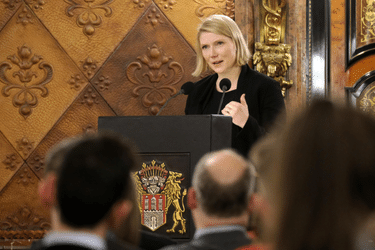
Senate reception at Hamburg City Hall: Cities, International Dependences and Transatlantic Relations
7:00 PM
Port cities connect people and businesses all around the world, not just across the Atlantic. As the EU and its North American partners aim to make their global value chains more resilient, port cities are put in the spotlight; such as clearly demonstrated by the recent discussion about the sale of parts of one of the container terminals of the Hamburg harbour. We would like to discuss how cities on both sides of the Atlantic can contribute to make not only transatlantic but international trade more resilient.
FOTAR Scholarship
The future of transatlantic relations depends on the next generation of transatlanticists. Our FOTAR scholarship programme brings together a selected group of transatlantic leaders of tomorrow to engage in further discussions. The programme includes a masterclass with our 2022 keynote speaker Malin Oud, networking events and a virtual events series organized by the scholars in early spring 2023.


